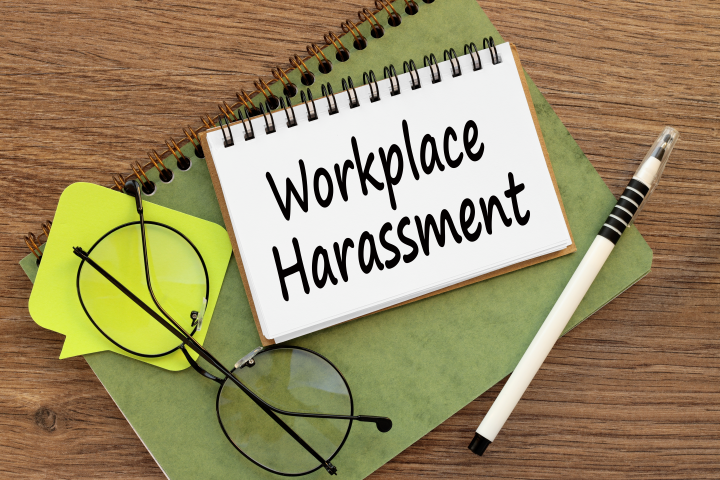
What is sexual harassment?
Sexual harassment occurs when an individual engages in unwanted conduct of a sexual nature, which violates another person’s dignity or creates an intimidating, hostile, degrading, humiliating, or offensive environment. Section 26(2) of the Equality Act 2010 (the Equality Act) defines sexual harassment. The victim does not need to have previously indicated that the conduct is unwanted, and the longevity of tolerating such behaviour does not make it acceptable.
Reasonable steps defence
Employers can defend a sexual harassment claim by demonstrating that they have taken reasonable steps to prevent harassment of their workers. Typically, when an employee commits a discriminatory act, including harassment, during employment, the employer is liable. Under Section 109(4) of the Equality Act, an employer can defend themselves by showing they took all reasonable steps to prevent the harassment.
Although there are no specific minimum requirements, the Equality and Human Rights Commission (EHRC)’s technical guidance advises employers to have an anti-harassment policy and a procedure for reporting harassment, protecting victims, and taking appropriate action if harassment occurs.
What is the new duty?
From 26 October 2024, employers will have a proactive duty to prevent sexual harassment in the workplace. This duty, introduced by the Worker Protection (Amendment of Equality Act) Act 2023, includes:
- A new obligation for employers to prevent sexual harassment of employees.
- Employment Tribunals can increase compensation for sexual harassment by up to 25% if an employer breaches this new duty.
This duty, however, is not a standalone claim against employers but can be added to a sexual harassment claim. Initially, we anticipated that the duty would extend to protecting employees from third-party harassment and require employers to take “all” reasonable steps. Although the duty is less extensive than first expected, it remains significant, and the EHRC can enforce it against non-compliant organisations.
Regulatory consequences
Sexual harassment can also have regulatory consequences for employers, especially post “#MeToo”, as regulators have become stricter on sexual misconduct and the treatment of harassed individuals.
What should employers do?
To prepare for the new duty, employers should focus on:
Policies and training
Update anti-harassment training for all staff, with specific training for managers. Avoid tick-box exercises and ensure training is ongoing and relevant.
Complaint procedures
Establish concise processes for reporting and addressing complaints.
Risk assessments
Identify potential risk areas and take steps to mitigate them.
Engagement
Regularly engage with staff through surveys and maintain an open-door policy. Conduct exit interviews to uncover potential issues.
Proactive measures
Although the new duty does not currently include protection against third-party harassment, it is prudent to incorporate this into policies and practices.
What’s next?
A change in government could see the Workers Protection Act 2023 revisited. Labour’s green paper, “A New Deal for Working People,” highlights sexual harassment law as a reform area, potentially extending the duty to protect against third-party harassment and requiring employers to take all reasonable steps to prevent workplace harassment. We will watch out for future developments and keep you abreast of the latest news on this ever-complex and changing area of law.
Employers should act now to prepare for these changes to ensure compliance and foster a safe and respectful workplace.
Call employment partner Karen Cole today.
Note: This article is not legal advice; it provides information of general interest about current legal issues.
